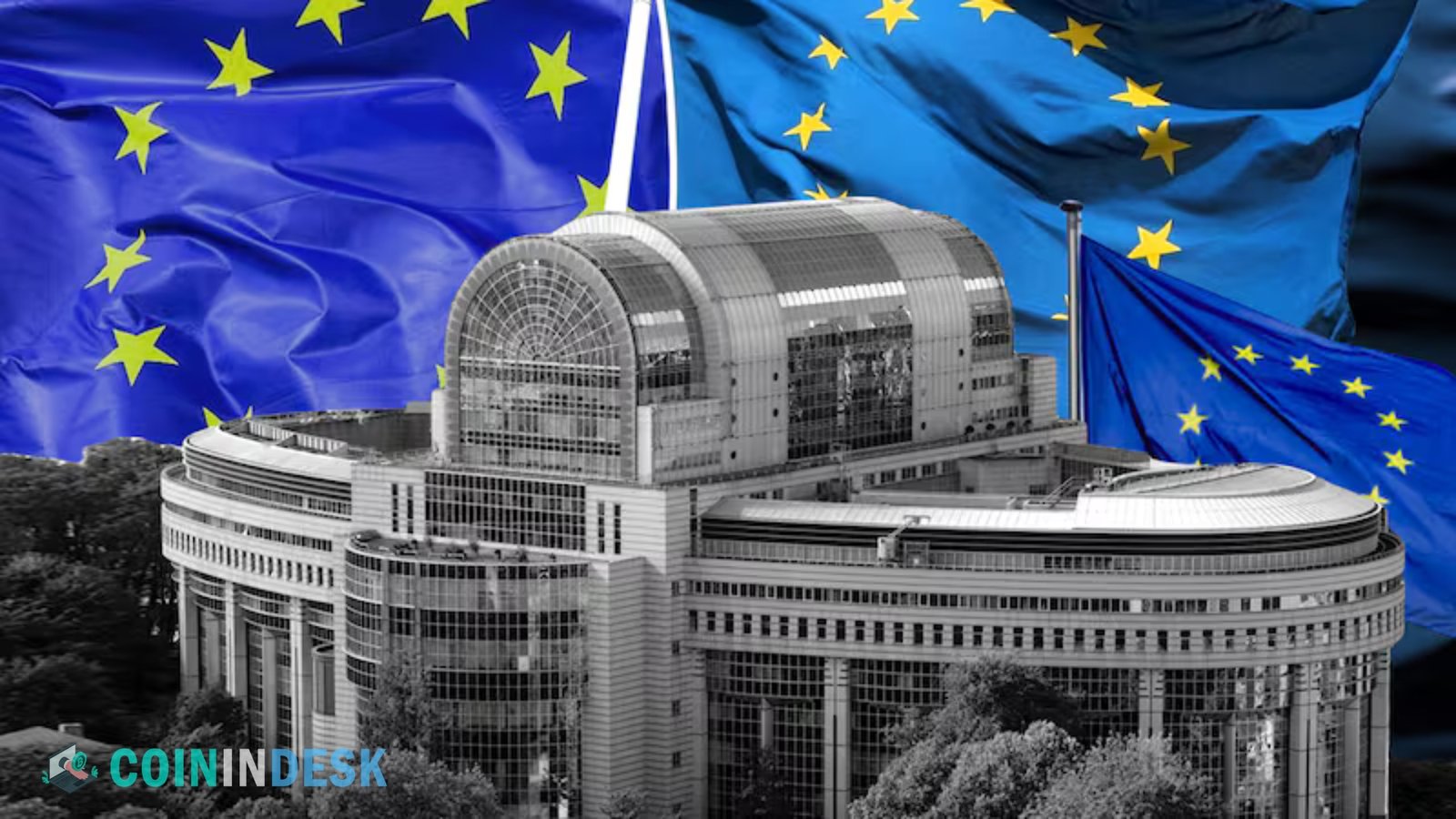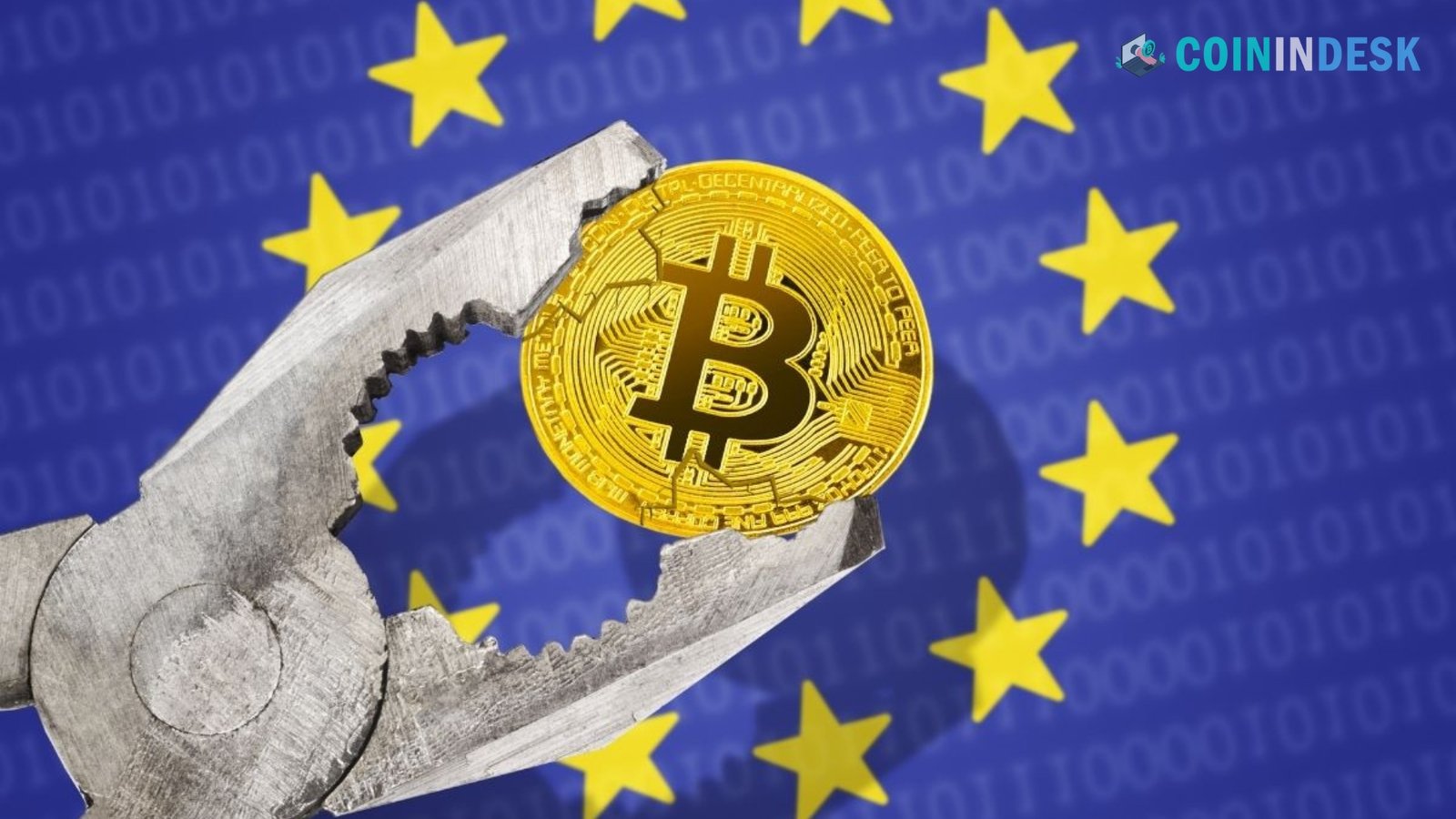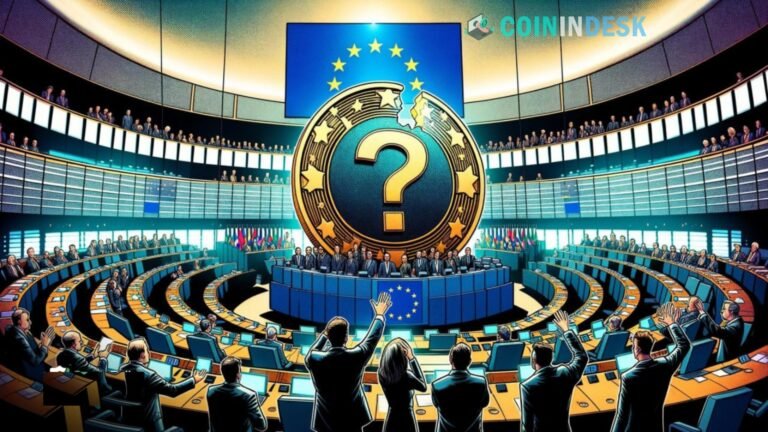European Crypto Business. The incoming European parliament will likely uphold the EU’s lenient stance toward the bitcoin market. The new European Parliament was elected last week by 185 million eligible voters across 27 member nations of the European Union.
An increase in far-right representation, the EPP’s consolidation, and the Greens’ and European Free Alliance’s (Greens’) fall have all contributed to a new dynamic in European politics. When member states of the European Union disagree on contentious issues like how to divide up EU funds, how to handle asylum seekers, how to combat climate change and the energy transition, or how to come up with a unified defense policy, the EU has the unenviable challenge of politically satisfying the overall complexity of the continent.
Despite the intricate political landscape, Europe has made progress in meeting the requirements of the cryptocurrency and blockchain sector. Could a new European Parliament be more amenable to crypto regulation? Members of the European crypto community spoke to analyze the fallout from the elections.
New Parliament is Good for the Crypto Industry
With 189 MPs, the EPP is the most powerful and largest group in the European Parliament. Coinindesk spoke with German EPP MEP Markus Ferber, who expressed his belief that the crypto industry benefits from the increased representation (13 seats compared to the last EU elections) since the “EPP often has a more pragmatic and technology-neutral approach to regulation.”
Ferber elaborated on how the EPP’s risk-based approach considers use cases in addition to the underlying technology, which allows it to remain neutral on technology. According to him, the pressure on the cryptocurrency business may be lifted due to a major change in the EU Parliament. The center-left parties that were “most eager to restrain crypto in every way possible” have lost a significant number of seats, as pointed out by Ferber.
European Crypto Business: After losing 18 MPs, the Greens/EFA EU now have 53. This group of politicians attempted to outlaw proof-of-work (PoW) cryptocurrency mining in Europe in 2022 and endeavored a motion to ban unhosted wallets. Blockchain technology’s principal partner, Peter Moricz, has invested $60,653 in a digital wallet solution.”Without the Green party gaining much power, EU crypto miners can sleep better at night,” Link said, expressing relief at the new parliamentary balance and its impact on cryptocurrency miners.
The rise of extreme right-wing parties is also noteworthy, especially in Europe’s two most powerful economies, France and Germany. French President Emmanuel Macron has called for early elections in response to the dramatic increase in support for far-right parties.
Blockchain Head Discussion
In an interview, Michael Gebert, chair of the European Blockchain Association, said that although right-wing parties advocate economic freedom, their conservative approach to financial regulation may result in more stringent regulations, which would be bad news for the European Crypto Business. Gerber stated that conservative groups have pushed for more stringent regulations regarding Know Your Customer and Anti-Money Laundering measures, more stringent reporting requirements for transactions, and more compliance expenses due to licensing and frequent audits.
Not many people associate France with Marine Le Pen’s National Rally (NR) and Germany with Alice Weidel’s Alternative for Germany (AfD) when they think about cryptocurrency. But neither is eager to switch to the digital Euro that is coming soon. The European Union’s preeminence in cryptocurrency regulation is in jeopardy.y
Despite widespread belief to the contrary, Europe has emerged as a credible player in the cryptocurrency business because of the implementation of unified crypto regulation across EU member states. This is even though Europe is often seen as falling behind the US and China in technological rivalry. Accordingg to Henrique Corrêa da Silva of the New Economy Institute, crypto “stands as one of the best opportunities for Europe to avoid losing another train in the global tech race.”Since the “U.S. and China have lost the plot—for now,” he continued, Europe must keep moving in this direction.
According to Reinis Znotiņŏ, the head of the Latvian Blockchain Association, who spoke, “U.S. regulation and ecosystem development significantly lagged.” The crypto business seems to be doing well under the previous EU Parliament’s policies. Europe has taken the lead in crypto regulation worldwide by introducing MiCA, theMarkets in Crypto-Assets Regulation.
Coinindesk spoke with Mark Foster, the EU policy director of the Crypto Council for Innovation, who stated that Europe now has a leg up thanks to MiCA. Under the right leadership, he thinks the global crypto market could “foster business” under a single set of rules. He believes “crypto is not a party political issue in Europe […]” that distinguishes the United States from China. Since “crypto is not a divisive right-left issue,” industry supporters are hoping for “policy continuity” following the most recent election.
According to João Augusto, chief compliance officer of the Spanish exchange Bit2Me, who spoke, the upcoming MiCA II is a crucial milestone because it will address unenacted regulations regarding decentralized autonomous organizations (DAOs), non-fungible tokens (NFTs), and decentralized finance (DeFi). Foster believes the EU should undertake a careful “cost/benefit analysis before embarking on further legislation — e.g., on staking, DeFi or NFTs” — as much is at stake.
Europe’s Crypto Industry Needs Balanced Regulations
The cryptocurrency business is dynamic, necessitating ongoing regulation updates; the MiCA regulation is currently undergoing its second iteration. According to Sebastian Heine of Northstake, an institutional staking partner and chief risk and compliance officer, National Regulatory Authorities (NRAs) should disclose their expectations for the “detailed implementation of MiCA so companies can prepare earlier and be more targeted.”
To “connect the digital asset space quicker with TradFi,” he says, Europe should focus on taking advantage of its stringent regulatory requirements. Since the European Union’s stringent regulations may have positive and negative effects on the cryptocurrency market, Heine stressed the need for balanced regulation.
European Crypto Business: An advantage is the “high level of security for companies that strive for that level of compliance and regulation” it offers to investors and business associates. Smaller businesses, meanwhile, “may find this regulation a burden.” According to Edwin Mata, CEO and co-founder of token-suite Brickken, who spoke, the European Parliament should establish incentives for distributing tokenized assets within European territories.
According to Mata, “trillions of euros are at stake” in the real-world asset (RWA) tokenization market. Because “the capital, expertise, and infrastructure needed for this rising market could be established within the EU,” he thinks RWA tokenization could benefit Europe. Everyone involved in the cryptocurrency market has one thing in common: they all need to put money into public and regulator education campaigns about the possibilities of blockchain and crypto. According to Mata, if EU legislators “lack a deep understanding of the technology’s potential,” EU regulation risks becoming excessively stringent. When it comes to technological leadership on a global scale, Europe has been falling behind. With the right crypto regulations, an industry that is changing rapidly might prosper on the old continent.


